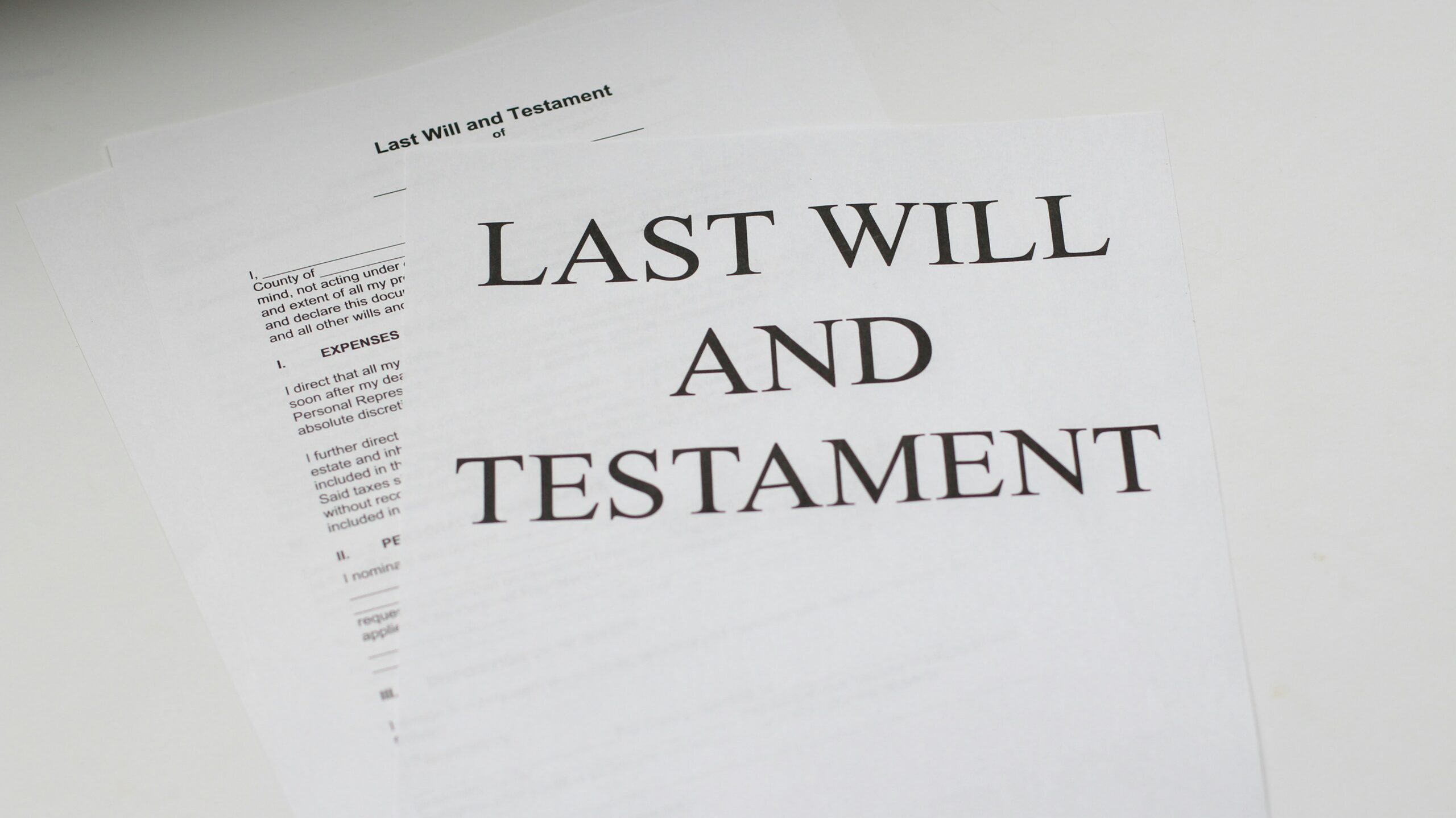
How Long Does Probate Take With a Will?
Coping with the death of a loved one is never easy. On top of the emotional strain, there is frequently the additional responsibility of managing their estate. If your relative left a valid will, you might expect the process to be quick and simple. However, even with a will, probate can be time-consuming. So, how long does probate take with a will in the UK?
In this comprehensive guide, we will break down the probate timeline, explain what’s involved, and look at the common factors that can either speed up or slow things down.
What Is probate?
Probate is the legal process that grants someone the authority to administer a person’s estate after they have died. If the deceased left a will, it typically names one or more executors, who are in charge of administering the estate.
When there is a will, the executor must apply for a grant of probate, which is a legal document that confirms their authority to manage the estate. Once this grant is received, they can begin managing the deceased’s assets, including closing bank accounts, selling property, paying debts, and distributing funds to beneficiaries in accordance with the will.
How long does probate take with a will?
The time it takes to complete probate varies. While having a valid will can help simplify things, it does not guarantee a quick process. A simple estate with few assets and no disputes could be settled in 3 to 6 months, whereas more complex cases often take 12 months or longer.
Typical probate timeline with a will
Here’s a breakdown of what to expect when going through probate with a will:
| Stage | Description | Estimated Duration |
| Locating the will & initial estate valuation | Find the will, confirm executors, and gather financial details. | 2–4 weeks |
| Applying for the grant of probate | Submit application to the Probate Registry. | 3–5 weeks (if no complications) |
| Waiting for the grant to be issued | HMCTS reviews and approves the application. | 4–8 weeks |
| Administering the estate | Close accounts, pay off debts and taxes. | 2–4 months |
| Distributing assets | Transfer funds and property to beneficiaries. | 1–2 months |
Total estimated time: 6-12 months
Why probate can still take time even with a will
Many people believe that having a will eliminates all complications, but there are several reasons why probate can still be delayed, even if the deceased’s wishes are clearly stated.
1. Complex estates
Estates with multiple properties, business assets, overseas accounts, or investments take much longer to value and administer. Even a single property can cause delays if it must be sold before the estate is settled.
2. Inheritance tax (IHT)
If the estate exceeds the current inheritance tax threshold (£325,000 as of 2025), tax may be payable. Probate cannot be granted until at least a portion of the tax is paid. Accurate valuations and completion of required forms (such as the IHT400) can cause delays in the application process.
3. Errors in the application
If the executor fills out the probate forms incorrectly or fails to provide required documents, the Probate Registry may reject or return the application, delaying the process by several weeks.
4. Missing or contested wills
Sometimes it’s unclear whether the will is the most recent version or even valid. Disputes over the legitimacy of the will, as well as challenges from excluded family members, can halt probate proceedings for months or even years.
5. Executor inexperience or disputes
Being an executor can be overwhelming, especially if you are unfamiliar with legal and financial procedures. Disagreements among executors can also cause delays. Hiring a professional probate solicitor can help you avoid these issues.
How to speed up the probate process
While some delays are unavoidable, there are ways to shorten probate time, even with a will. Here are some practical tips:
Register the will
Ensure that the will has been registered, preferably through a service such as The National Will Register. This makes it easier to find and verify after death.
Apply online
Probate applications can now be submitted online through the HMCTS website. Online applications are typically processed faster than paper applications.
Gather information early
Begin collecting important documents as soon as possible. This includes death certificates, bank account information, property deeds, pension statements, and mortgage records.
Use a professional
Appointing a solicitor or probate specialist can help speed up the process, especially for complex estates. They will ensure that forms are properly completed and deadlines are met.
Can you sell a property during probate?
If the estate includes a house or flat, selling it may be necessary to free up funds or pay off debts. Yes, you can put the property on the market before probate is granted, but you cannot legally complete the transaction until the grant of probate is issued.
Sell House Fast specialises in assisting sellers with selling a probate property. If you need to sell quickly after probate is granted, we can make a no-obligation cash offer and complete the transaction in as little as a couple of weeks …faster than the traditional open market.
FAQ’s about probate with a will
How does probate work with a will?
If someone leaves a will, the executor applies for probate. This gives them legal authority to manage the estate, which includes collecting money, paying off debts, and distributing the remainder to the beneficiaries named in the will. The will helps to guide the process, but probate is usually required.
Do I always need probate if there is a will?
No, not always. If the estate is small (typically under £5,000-£10,000) and does not include property, probate may not be required. However, most estates with property or substantial financial assets will require it.
Can probate take longer than a year?
Yes. If the estate is particularly large, contains foreign assets, or is contested, probate can take well over a year to complete.
How long does it take to receive an inheritance after probate is granted?
Once probate is granted, the estate typically takes 2-3 months to finalise. This includes repaying debts and transferring assets to beneficiaries.
If you’re managing an estate and need to sell a house during or after probate, Sell House Fast can help. We provide free valuations, quick sales, and expert advice to make the process as simple as possible during this difficult time.


